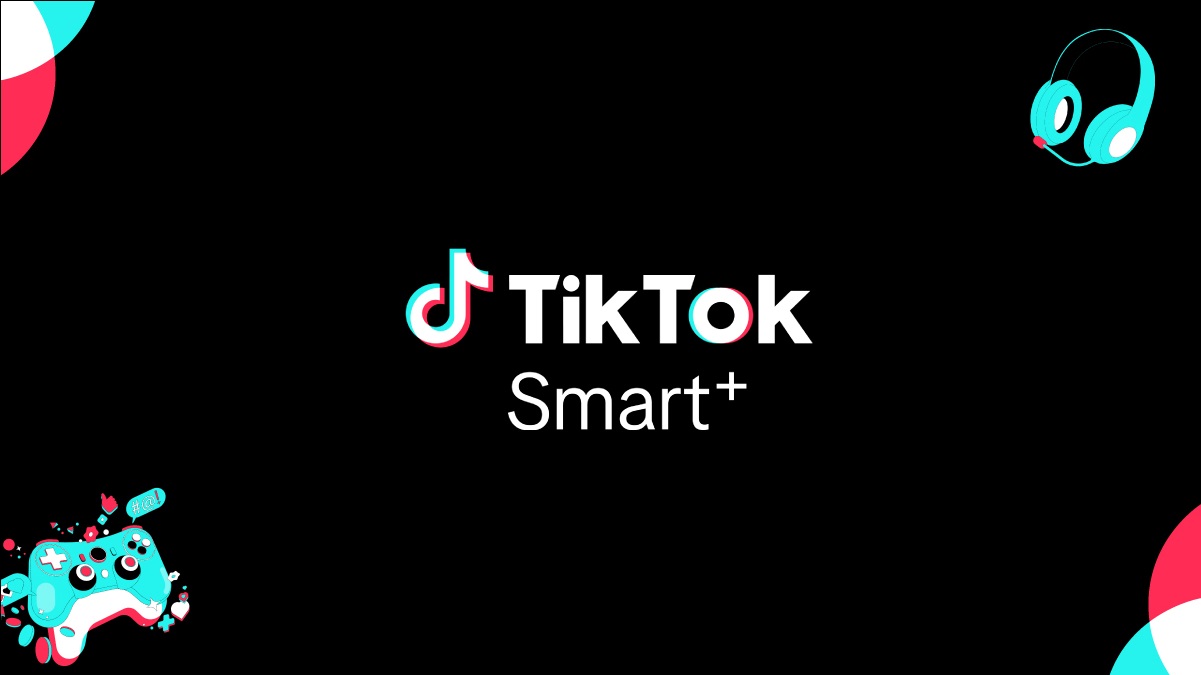Many brand loyalty programmes are failing to deliver on the things that matter most to customers in the UAE and KSA, according to a new report published by global loyalty agency ICLP. The report, ‘Driving greater loyalty in the Middle East’ identifies the ‘Loyalty Chasm’, the gap between what is important to customers in driving their loyalty and what brands are delivering.
The new research commissioned by ICLP surveyed 600 consumers in the United Arab Emirates (UAE) and the Kingdom of Saudi Arabia (KSA), with illuminating results.
Loyalty programmes remain a powerful way to win business and improve bottom-line results. 63% of UAE and 61% of KSA consumers choose to buy from brands with loyalty programmes, and 55% of UAE and 60% of KSA consumers tend to buy more from brands they are loyal to.
The largest gaps between customer expectation and brand delivery where in the areas of personalisation and relevance. Both regions identified customised, relevant incentives and communications as important to securing loyalty. In the UAE, 66% of consumers felt customised rewards would win their loyalty, while only 44% of brands delivered this, leaving a sizable chasm of 33%. Meanwhile, KSA consumers rated customisation as 62% important, with 45% delivery and a 17% chasm.
ICLP’s report shows that, in a harsh economic environment, customers demand more than ever in return for their loyalty. In particular, customers expect more instant, flexible, and customizable rewards, available through modern mobile technology.
In addition, customers expect instant rewards. In the UAE, 74% of respondents felt instant rewards were important, while only 54% of brands delivered, leaving a chasm of 20%. In the KSA, 72% of consumers wanted instant rewards, but delivery of 57% left a chasm of 15%.
Contrastingly, the smallest gap was found in the delivery of social media loyalty elements. While many brands perceive social media as very important in engaging with customers, only 20% of consumers had connected with brands they are loyal to on social media. In addition, the gap between perceived social media importance and brand delivery was just 6%.
The findings of the report suggest that, while social media is not to be ignored, the most effective improvements to a Middle East loyalty programme are found in making incentives and communications more relevant, personalised, and tailored.
Dion Maritz, General Manager at ICLP says: “This valuable research proves the effectiveness of a loyalty programme, but sheds new light on what consumers expect for their loyalty. More than anything else, consumers expect loyalty programmes that are localised to the Middle East, and offer tailored communications and rewards. We have seen an ongoing trend in better customer segmentation, and that is where we will get the biggest results in loyalty.”
To get your copy of ICLP’s research report, ‘Driving greater loyalty in the Middle East’, visit www.iclployalty.com.





